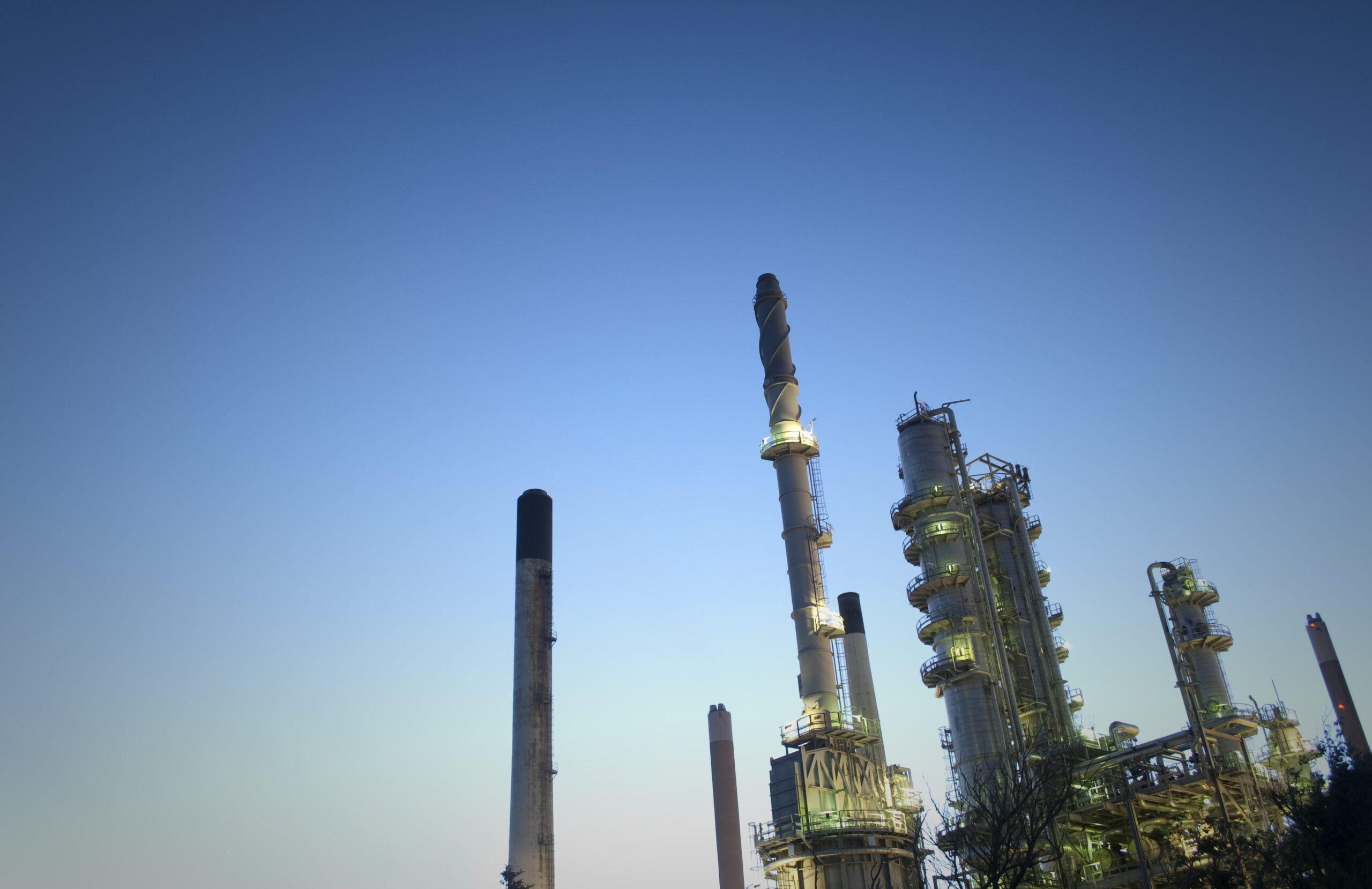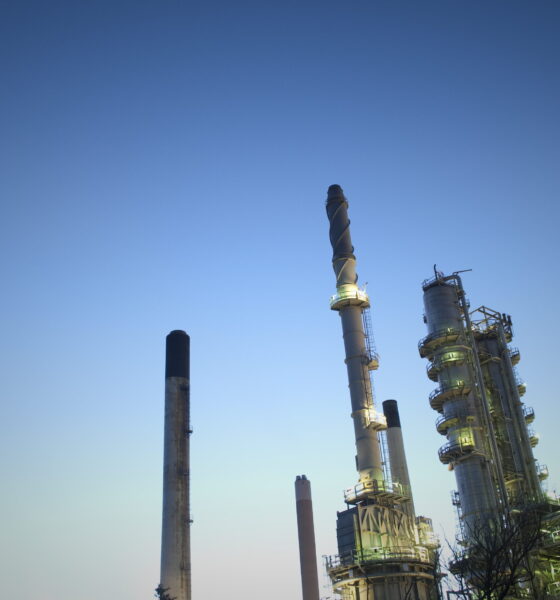

Environment
IEA lays out four strategies to tackle CO2 emissions
Governments should focus on energy efficiency and the phasing-out of fossil fuels in order to keep temperatures within 2C warming and limit the financial implications of climate change, according to a new study.
Redrawing the Energy-Climate Map, by the International Energy Agency (IEA), suggests that much action is needed before 2020 if governments want to prevent global temperatures from rising more than 2C – the limit deemed safe by climate scientists.
IEA executive director Maria van der Hoeven said, “Climate change has quite frankly slipped to the back burner of policy priorities. But the problem is not going away – quite the opposite.
“This report shows that the path we are currently on is more likely to result in a temperature increase of between 3.6C and 5.3C but also finds that much more can be done to tackle energy-sector emissions without jeopardising economic growth, an important concern for many governments.”
The study states that by adopting four energy policies, governments would achieve a significant reduction of carbon dioxide from the energy market – which according to IEA accounts for two-thirds of global greenhouse gas emissions.
The policies the IEA says should be implemented are prioritising energy efficiency measures in buildings, industry and transport; limiting the construction of coal-fired power plants; reducing methane emissions expected from the gas industry and starting a phase-out of fossil fuel by cutting subsidies.
These would help the energy industry stand up to the economic consequences of climate change and assess the risks and impacts for investors.
Samantha Smith, leader of the WWF Global Climate & Energy Initiative, said, “This is a welcome intervention by the IEA, particularly the focus on energy efficiency standards for lighting, cars and appliances as well as cutting methane losses in oil and gas production.
“Unfortunately, the other policies are incomplete, not ambitious enough or regionally biased. With the world on track for catastrophic levels of global warming, as the IEA says, these stop-gap proposals simply don’t go far enough.
“The IEA should back the full phasing out of all fossil fuel subsidies by 2020 globally, including in OECD countries, with the money being channeled into support schemes for renewables, energy efficiency and clean energy access for the poor in developing countries.”
Further reading:
‘We’re running out of time’: WWF calls for urgent clean energy investment
Clean energy can save UK £45bn and slash emissions, says climate watchdog
Global energy still on an unsustainable path, says IEA


 Environment12 months ago
Environment12 months agoAre Polymer Banknotes: an Eco-Friendly Trend or a Groundswell?

 Features11 months ago
Features11 months agoEco-Friendly Cryptocurrencies: Sustainable Investment Choices

 Features12 months ago
Features12 months agoEco-Friendly Crypto Traders Must Find the Right Exchange

 Energy11 months ago
Energy11 months agoThe Growing Role of Solar Panels in Ireland’s Energy Future





























